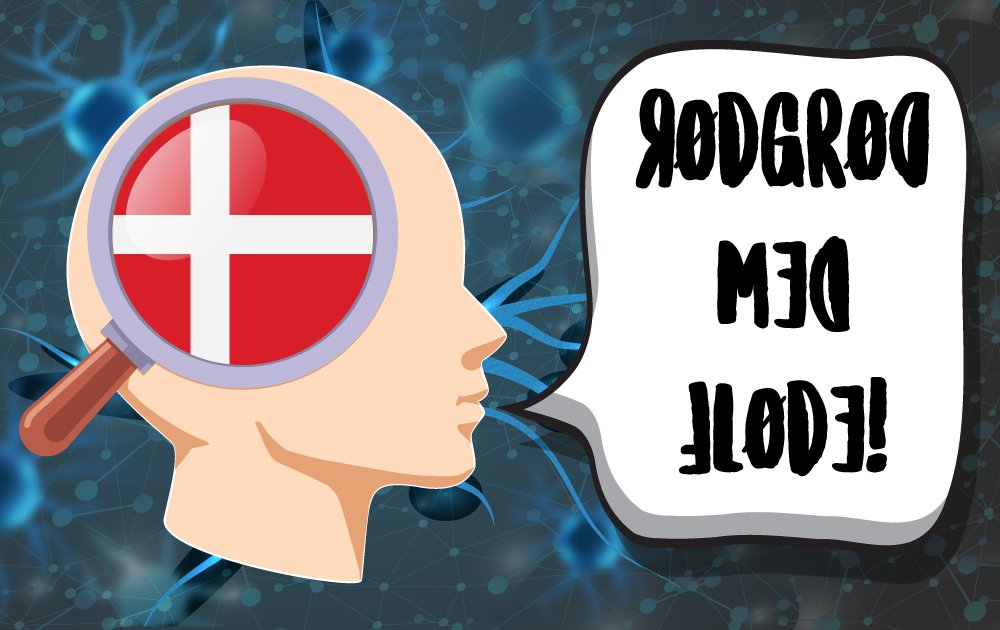
This thread is making me think critically about ongoing work with @AlbertoParola2 and separately with @ethanweed. After looking meta-analytically at vocal markers of psychiatric conditions, we launched projects to systematically replicate and extend them cross-linguistically 1/n
https://twitter.com/zerdeve/status/1357186736892252160
Is there a distrust? Possibly some, looking at the studies and at effect sizes of "1.89". Should there be? I'm not sure. I mean I'd really want to be able to build on these findings to better understand the underlying mechanisms. 2/n
and that's where it stroke me. This work shouldn't stand on its own, but with much needed complementary work on the mechanisms underlying the phenomenologically clear atypicalities (and what they can do in helping us to understand the conditions). Without that, 3/n
it has (I have) a hard time going beyond an underground layer of distrust. However, the metawork is "easier" than the theoretical work and got prioritized (plus there is my personal interest in understanding dynamics of knowledge formation in the field).
• • •
Missing some Tweet in this thread? You can try to
force a refresh







